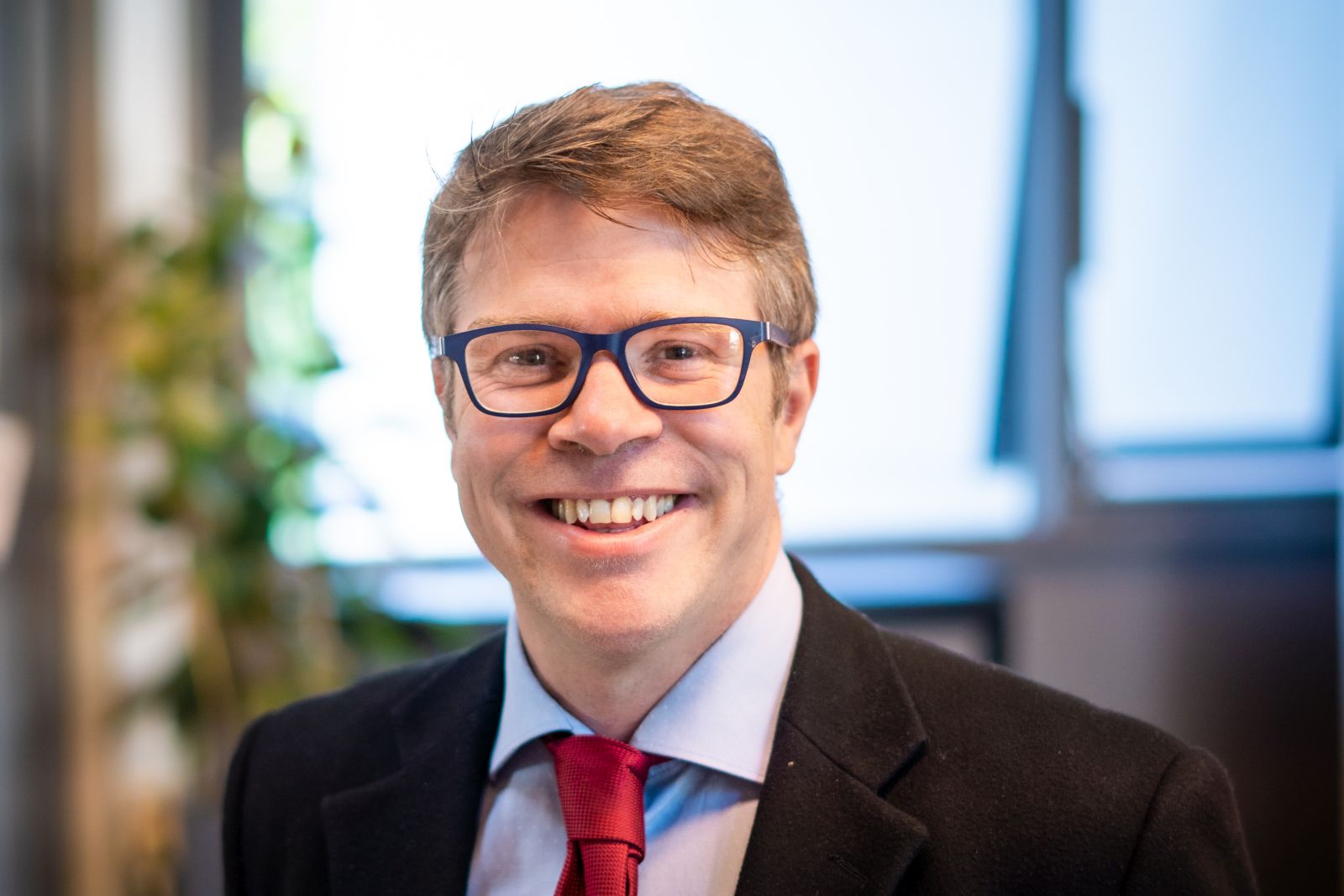REWI Uni Graz: A major focus of your research lies on “smart cities”. What do we actually understand by the term “smart city” and what is characteristic for such a city?
Francisco J. Durán Ruiz: There are many definitions for “smart city”, but we can say a smart city is an innovative city that uses information and communication technologies (ICTs) and other means to improve quality of life, efficiency of urban operation and services, and competitiveness, while ensuring that it meets the needs of present and future generations with respect to economic, social, environmental as well as cultural aspects. The use of technology to make the city a better a more sustainable place to live is a main characteristic of smart cities.
Your home institution is the University of Granada in Spain where you work as a professor at the Department of Administrative Law. Is your hometown Granada implementing innovations in the context of smart city concepts?
The University of Granada is collaborating with private companies to develop one of the most innovative AI applied research centers which will be soon providing technology for smart cities. Furthermore, innovations, technology and applications to reduce energy consumption, improve transport efficiency or traffic control or to facilitate parking are already working in Granada and in many cities in Spain and all around the European Union, which is investing in smart city projects.
Which cities would be prominent examples for having made strong progress in becoming “smart”?
London is on top of the most successful smart cities, using big data technology to provide better urban services for citizens and self-driving connecting the city with the airports. New York uses ICT to manage peak traffic hours in the center of the city. Paris plans a 100% automated metro thanks to big data. Tokyo is maximizing the use of renewable energies and developing social initiatives like for the aging population. We have other outstanding smart cities like Berlin, Copenhagen, Amsterdam, Reykjavik, Singapore or Dubai.
In Spain there is a National Smart Cities plan and more than 60 smart cities leaded by Madrid (centered in economic development and sustainability), Barcelona (pursing the 0 emissions goal), Valencia, Santander or Málaga.
Here in Austria, Vienna is an outstanding example of a smart city leading this process in Europe, and Graz started to develop its smart city project in 2012.
What are the (legal) challenges of smart cities? Do we have answers to (some of) them?
The greatest challenge for smart cities, also from a legal point of view, is the reconciliation of the massive processing of citizens’ data needed to develop smart cities with the right to privacy, non-discrimination and protection of personal data.
The use of big data and AI needed for the development of smart city projects requires a particular respect to data protection regulations. My research explores in depth the specific hazards of vulnerating this fundamental right in the framework of smart cities due to the use of big data and AI, and I give some clues like a different way to consent to the treatment of their data by the citizens.
Leaving no one behind due to the digital divide (elderly or disabled people, for example) is another challenge when developing smart cities so my research addresses how to combine ICT and social improvements.
What are the questions you will examine in the context of smart cities during your fellowship at REWI Uni Graz? What results have you achieved so far?
By now, I have studied smart cities in the context of the Sustainable Development Goals and 2030 Agenda. These cities are increasingly sustainable and are helping to reduce greenhouse gas emissions. Public services are more efficient in smart cities and my research proves that these cities manage to effectively improve the daily lives of citizens.
My next questions to address are the problems of governance, transparency, use of citizens’ personal data, digital divide and electronic administration in smart cities, including the possibility of introducing electronic administration in the Metaverse, and I found that this introduction could be a solution to the digital divide that some citizens could suffer when their cities become smart cities.
How is your stay in Graz? What do you find particularly special compared to your home country?
I love both the city and the University of Graz, everything is really well organized, so practical, and people are very kind and respectful, also with the environment. Graz has plenty of art and is a very good place to live in, surrounded by nature. Compared to my hometown is greener and the air is cleaner here, that’s great, and I notice that people are less noisy in the streets and outdoors too, but sometimes I miss the noise anyway.

